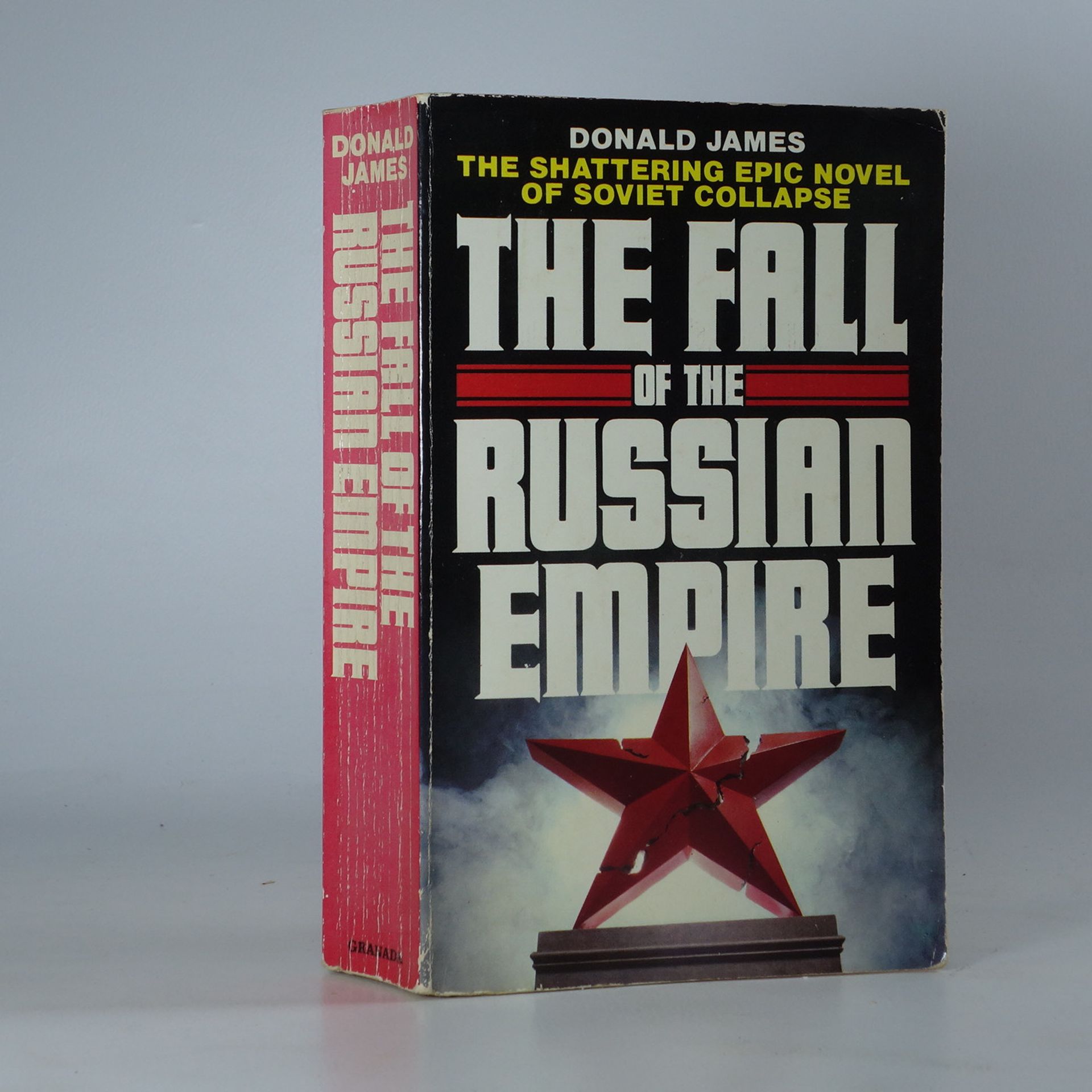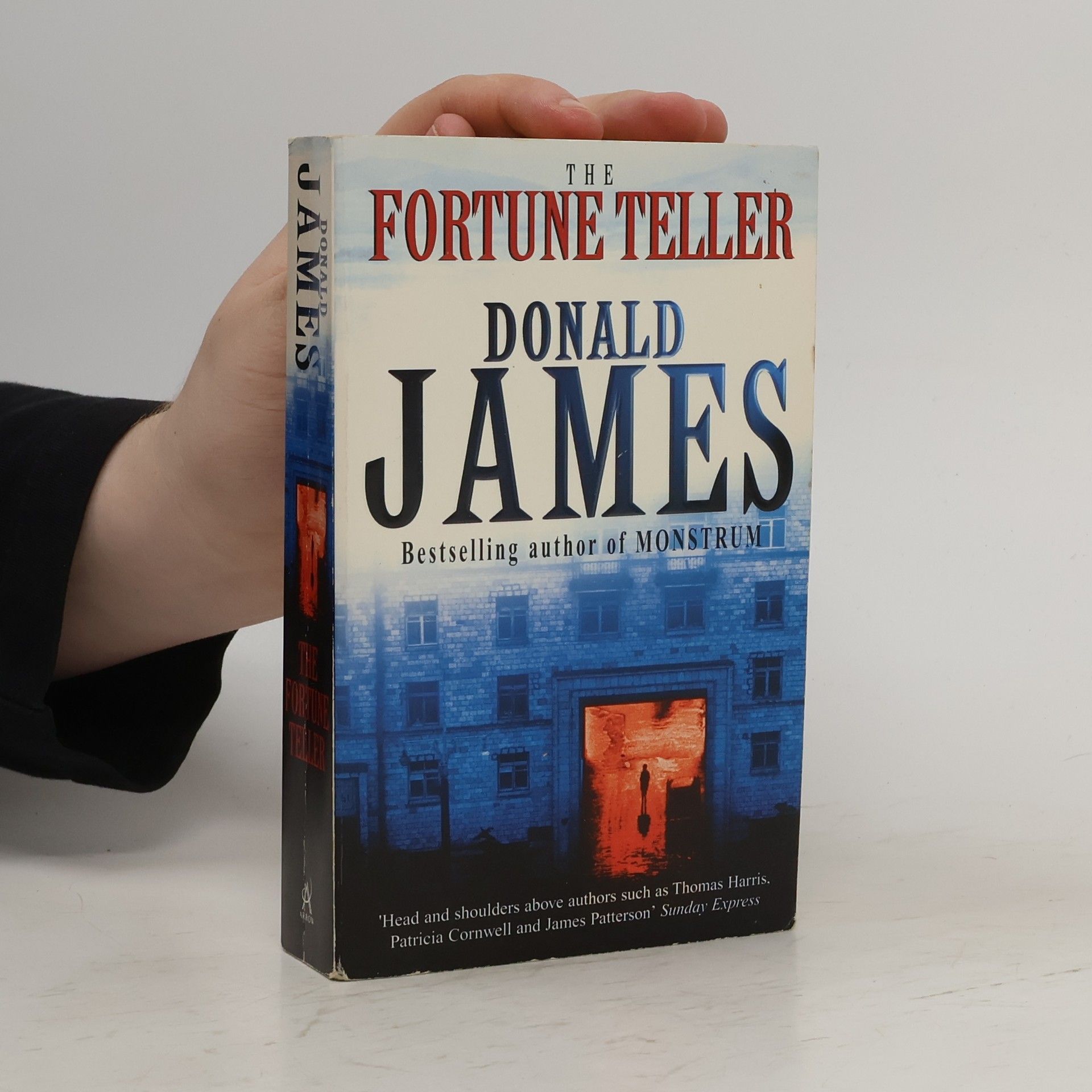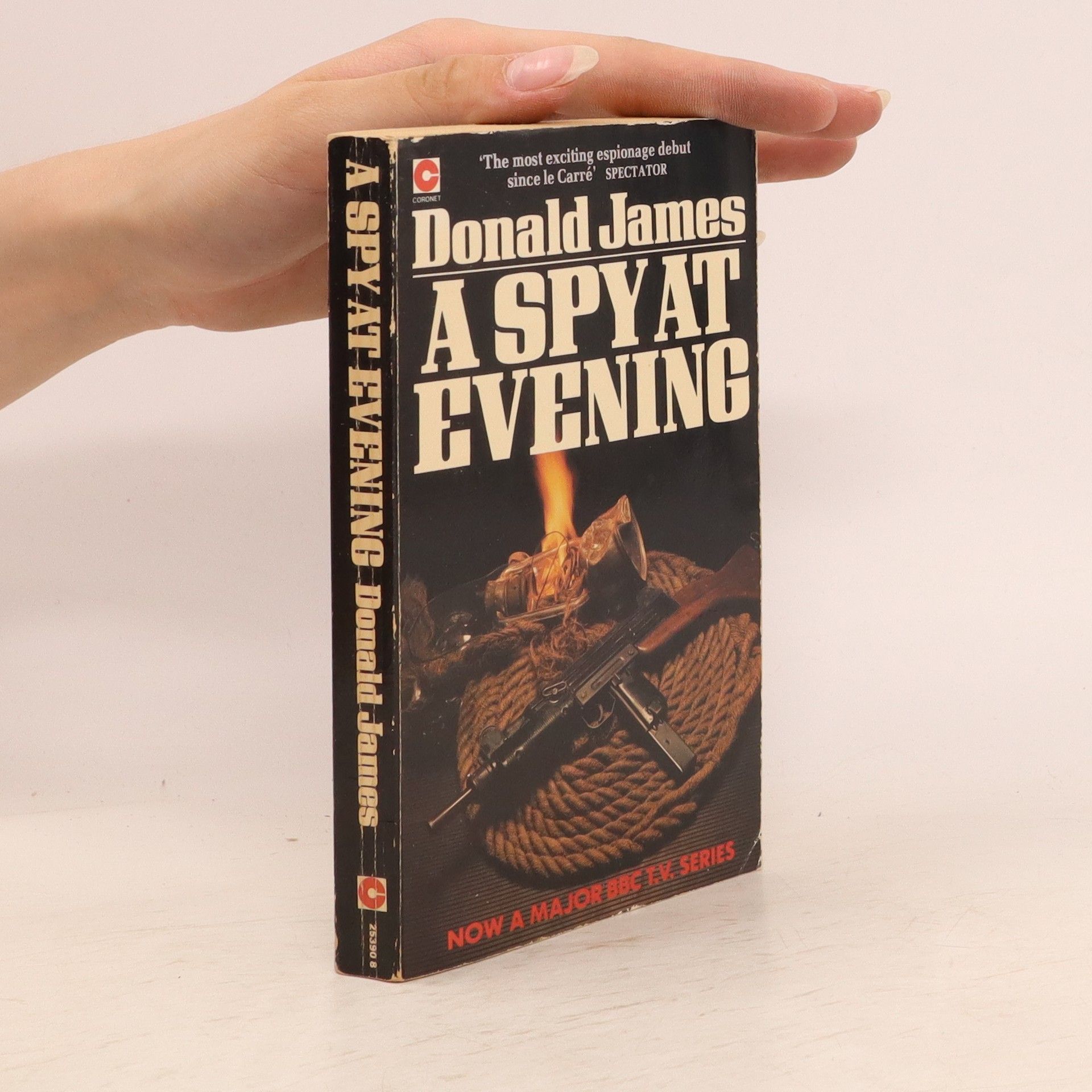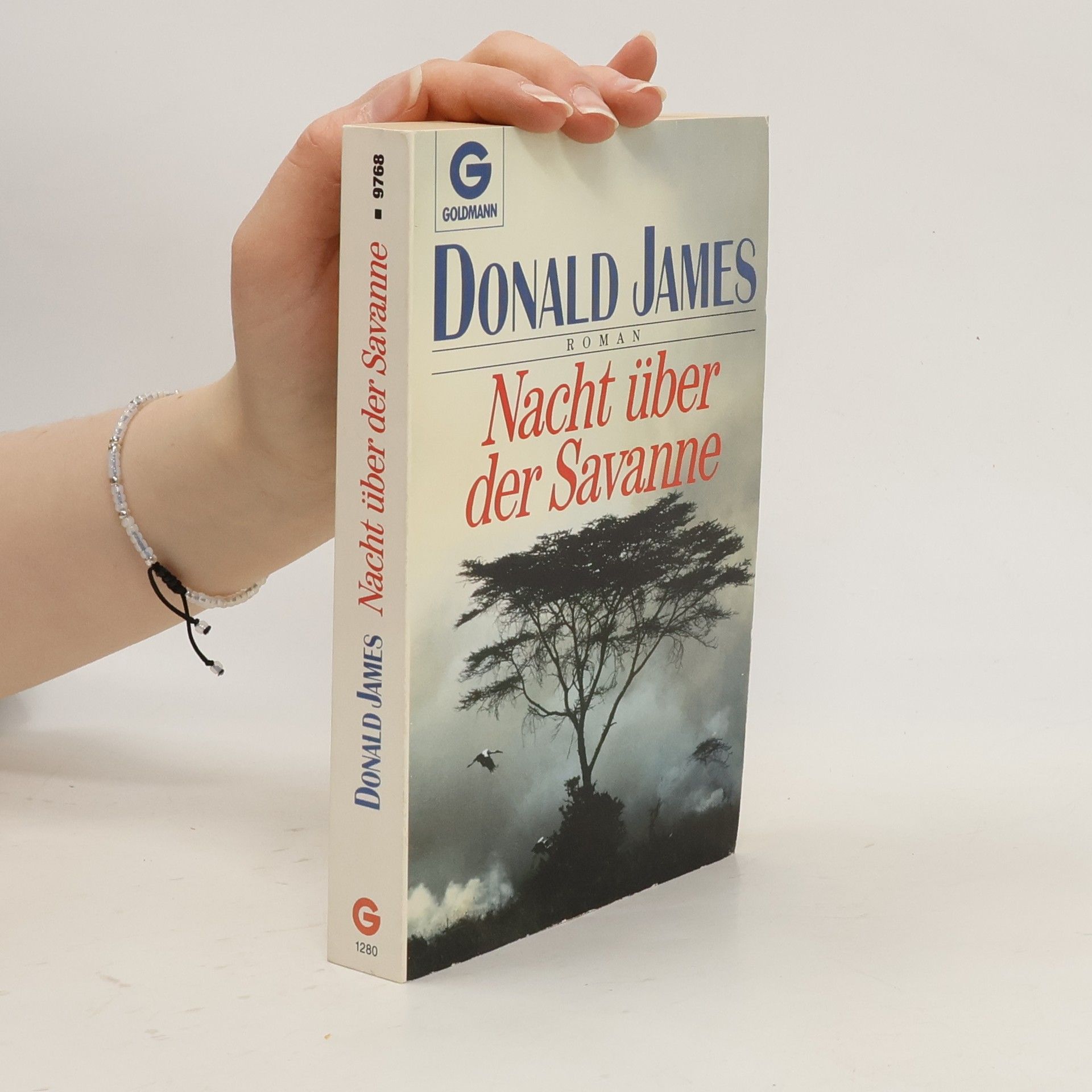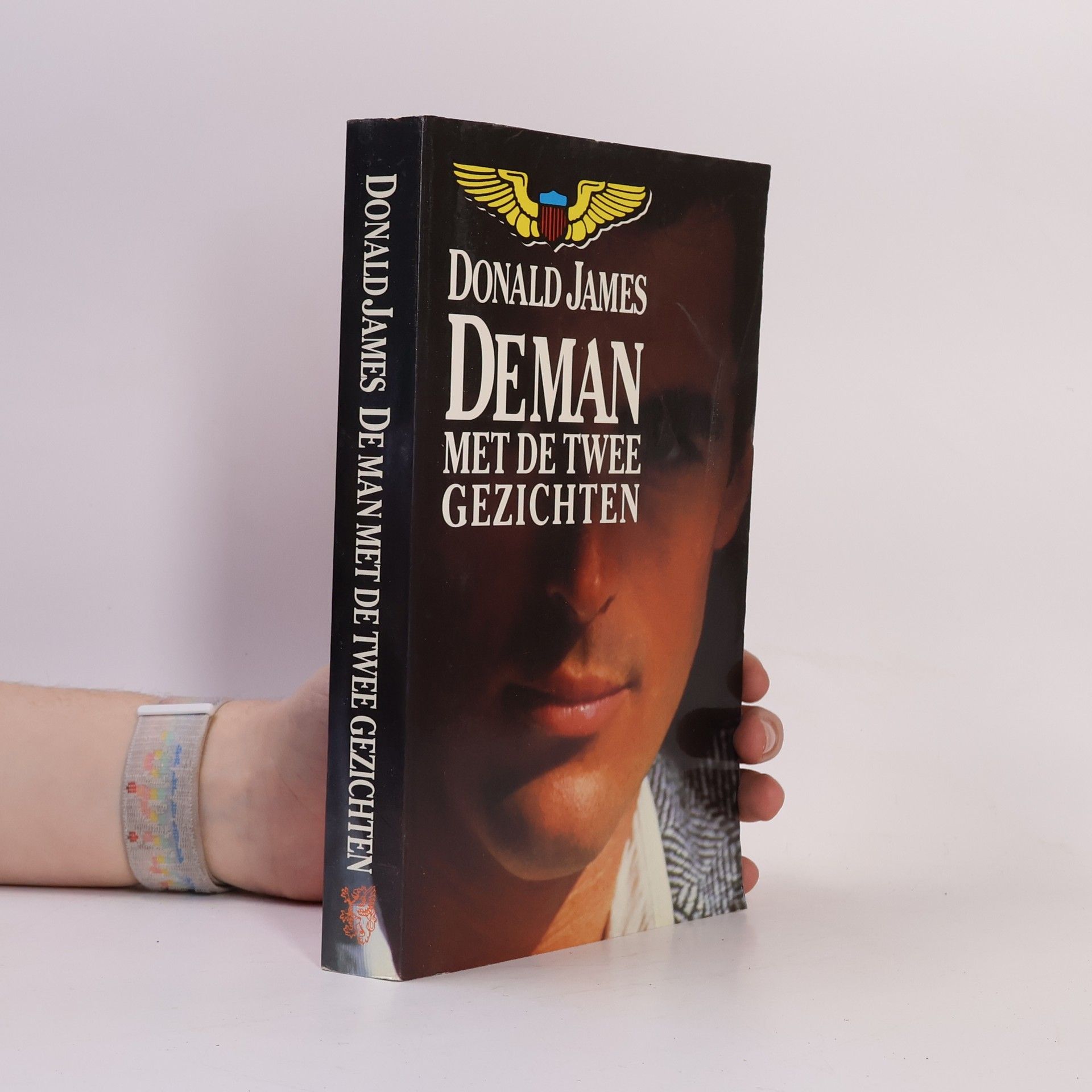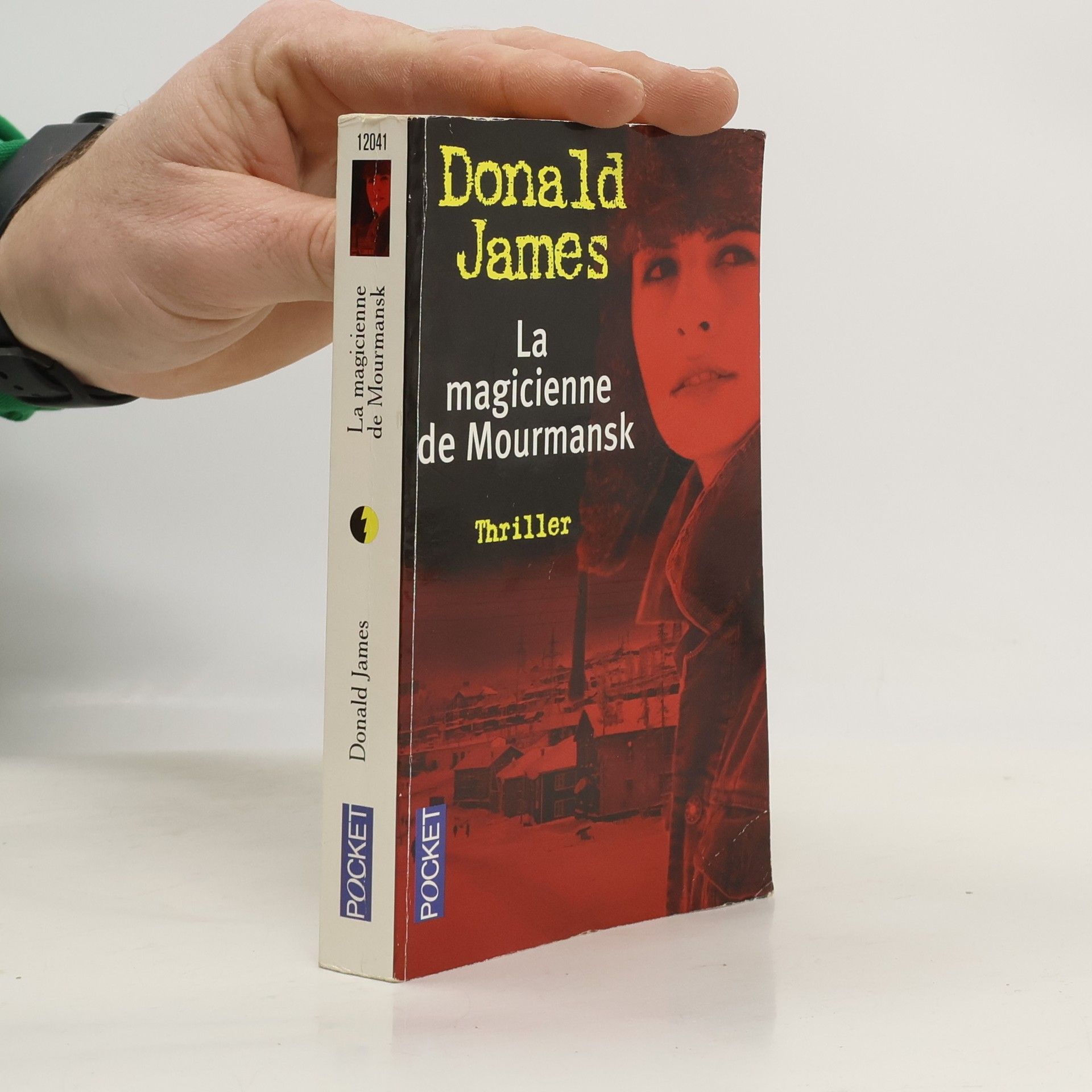A Spy at Evening
- 224 pages
- 8 hours of reading
Secret Agents don’t usually get fired — but Tom Hart was the exception. He couldn’t work out if he had been removed through office politics, or because of his unstable, drunken condition. In any case, Hart set out to get back into the Intelligence ranks, starting by working freelance for a King-and-Country General and his ‘Action England’ Movement. All started well, but then people began to take an unfortunate interest in what he was up to. He pools his resources with his KGB friend Pushkin, the only man who seemed prepared to trust his judgement. Together they dig deeper, and discover something very nasty and decidedly dangerous behind the innocent facade of ‘Action England’. But how could Tom Hart, a constant drunk, liable to fly off the handle and given to strange hunches, expect to be taken seriously? As he gets deeper into the dangerous secrets of Action England, he finds himself fighting for his life. Who can he trust? And can he convince someone of the truth before it’s too late…?

